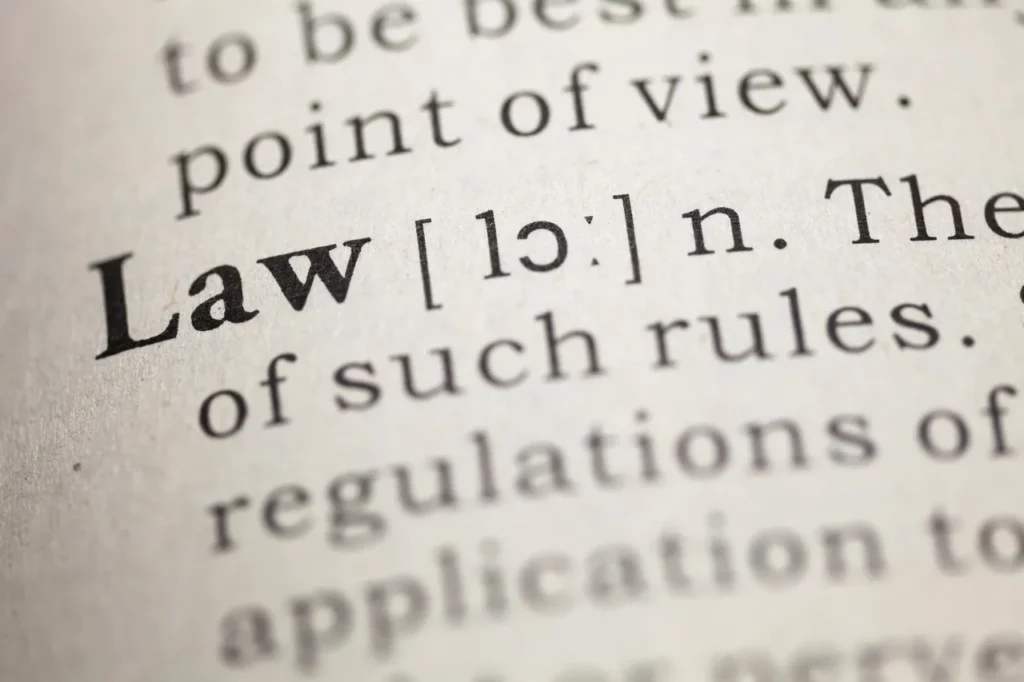Section 14 of the Mental Health and Cognitive Impairment Forensic Provisions Act 2020 (NSW) offers a crucial diversionary route for defendants whose mental health or cognitive impairment played a significant role in their offending. Rather than progressing through conventional criminal proceedings, such individuals may be diverted into treatment and support options via magistrates’ orders.
WHAT IS A SECTION 14 APPLICATION?
A Section 14 application allows a magistrate in the Local Court to dismiss charges against a person and discharge them without recording a conviction or finding of guilt—where appropriate. This supports rehabilitation and therapeutic responses over punishment.
WHO QUALIFIES UNDER SECTION 14?
To be eligible under Section 14, a defendant must meet the following criteria:
- Mental health or cognitive impairment: The individual must have an impairment such as schizophrenia, depression, bipolar disorder, PTSD, acquired brain injury, intellectual disability, dementia, or autism spectrum disorder.
- Appropriateness of diversion: The magistrate must deem diverting the defendant into treatment or care more suitable than following the standard sentencing pathway.
WHAT ORDERS CAN THE COURT MAKE?
If a Section 14 application is granted, the magistrate may:
- Dismiss the charge and discharge the defendant unconditionally
- Discharge the defendant into the care of a responsible person, possibly with conditions
- Order the defendant to comply with a treatment or support plan, such as attending counselling or other mental health services
These orders normally remain in place for up to 12 months.
FACTORS A MAGISTRATE MAY CONSIDER (SECTION 15)
Under Section 15 of the Act, magistrates may consider multiple factors when determining whether a Section 14 order is appropriate, namely:
- The nature of the defendant’s apparent mental health or cognitive impairment
- The nature, seriousness, and circumstances of the alleged offence
- The suitability of sentencing options available if the defendant were to be convicted
- Relevant changes in the defendant’s circumstances since the offence occurred
- The defendant’s criminal history
- Whether the defendant has previously been subject to a diversionary order under this Act or under the earlier Mental Health (Forensic Provisions) Act 1990
- Whether a treatment or support plan has been prepared, and its content
- Whether the defendant is likely to endanger themselves, a victim, or the public
- Any other relevant factors appropriate to the case (AustLII)
BENEFITS OF A SECTION 14 ORDER
Section 14 offers several key advantages:
- Avoids a criminal conviction, preserving someone’s criminal record—vital for those facing low-level or first-time charges.
- Prioritises rehabilitation over retribution, helping reduce the risk of future offending.
- Promotes community safety by addressing the root causes of offending, such as untreated mental health or cognitive conditions.
BREACHES OF SECTION 14 ORDERS
Non-compliance with the order—for instance, not following the treatment plan—can lead to:
- A return to court
- An arrest warrant being issued
- Reinstatement of criminal charges, potentially resulting in a conviction
JUDICIAL GUIDANCE
The Judicial Commission of NSW provides detailed Bench Books and commentary on how these provisions operate, including insights on both Sections 14 and 15, to guide magistrates in applying the Act effectively. (Judicial Commission of NSW)
SEEKING LEGAL ASSISTANCE
Applying for and securing a Section 14 order requires expert preparation—psychological assessments, treatment plans, legal submissions, and courtroom advocacy. The Criminal Lawyers Group specialises in guiding clients through this process to help achieve the best possible outcome.
🔗 Learn more: Criminal Lawyers Group – Mental Health Applications
RECENT DEVELOPMENTS AND PUBLIC DEBATE
Section 14 applications in NSW are rising, reflecting a broader shift toward therapeutic justice. However, some critics—including legal commentators and advocacy groups—stress the need for stronger oversight to guard against misuse.
Reviews are underway to ensure fairness, particularly in high-profile or repeat-offender cases.
CONCLUSION
Section 14 represents a compassionate, modern approach to criminal justice—recognising that mental health and cognitive conditions deserve therapeutic rather than punitive responses. Section 15 grounds these decisions in a structured evaluation of risk, need, and fairness.
If you or someone you know may be eligible, expert legal advice is essential.
🔗 Visit the Judicial Commission of NSW
🔗 Contact the Criminal Lawyers Group
CONTACT US
If you or someone you know is facing criminal charges and want the best possible chance at a no‑conviction outcome under a Conditional Release Order, don’t leave your future to chance.
📞 Call Criminal Lawyers Group today on 8815 8177
📧 Email us at info@criminallawyersgroup.com.au
🌐 Visit www.criminallawyersgroup.com.au
Our experienced and compassionate team is available 24/7 to provide trusted advice and powerful representation. From your first consultation to final outcome, we’ll stand by your side to protect your rights, reputation, and record.
Criminal Lawyers Group – Experts in criminal defence. Leaders in achieving results.
